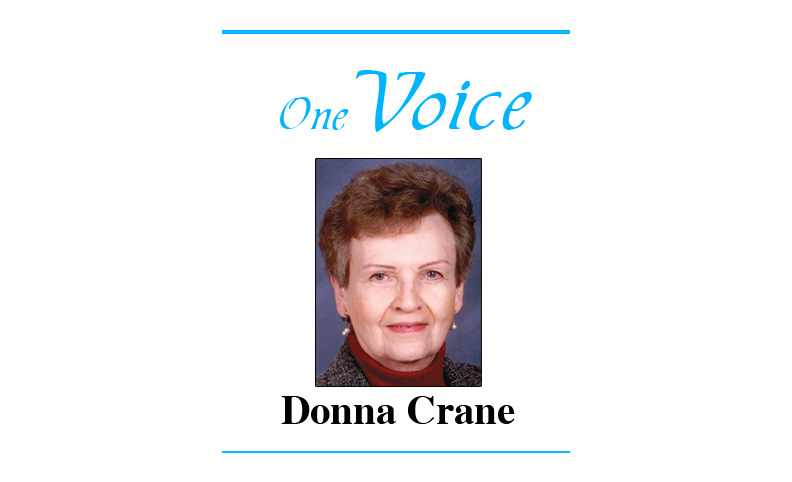
Third of four parts
The previous part is at thevoice.us/confronting-possibilities-that-farming-affects-climate-change
Public-owned BBC (British Broadcasting Corporation) offered an article by Emily Kasriel, who asks, amid polarised debate, how dairy farmers see the role of their industry in climate change, and finds a mixture of doubt, denial, and commitment to change in the United Kingdom.
“Two days after a conversation, Philip Davies called me, and wanted to tell me about the very first time he felt wrongly accused as a dairy farmer. He remembers sitting round the table with his family listening to the radio in the 1970s and hearing a story about how drinking milk was causing cancer, a story later dismissed as untrue. He conveys the depth of traumatic experiences he has endured and the multiple occasions on which he feels dairy farming, his own calling, had been unjustly targeted. In his eyes, climate change is yet another example of the ‘faceless men in dark corridors’ looking for a scapegoat and seizing on the usual suspect: Farmers.
“Now that Philip has had time to reflect, I want to know how he found our conversation. ‘It was refreshingly honest,’ he replies. ‘I just felt that you were actually listening. You hadn’t got an agenda and came with a clean piece of paper. That was very noticeable.’
“Increasingly extreme weather has been noticeable in the Shropshire countryside (of England) and has been making the jobs of dairy farmers harder (John Quintero/BBC)
“On the final evening of my visit, Philip, (his farming sister) Hannah, and I eat together in the garden of the local 17th-Century pub, a focus for the community. Philip brought reams of the farm’s paperwork, proudly pointing to a figure of 7,520 litres, the average quantity of milk produced per cow over the year. It’s a high number, but less than what cows on intensive farms are producing, according to the University of Oxford’s Garnett. ‘We don’t push the cows and force them to produce more milk,’’ said Hannah. ‘We don’t think it’s good for them.’
“Hannah feels that the small-scale dairy herds in her family and among those closest to her aren’t really the big greenhouse gas contributors. ‘When people complain about dairy farmers, they are probably thinking about the way people farm in the U.S., much more intensively with little regard for the land.’
“How does the science stack up on small scale versus intensive dairy farming when it comes to climate change? I turn to Taro Takahashi, a sustainable livestock systems researcher at the Cabot Institute for the Environment, University of Bristol.
‘”While less intensive farming is generally better for animal welfare and in many cases beneficial to local ecosystems, its carbon footprint is almost always greater per litre of milk compared to more intensive farming,’ said Takahashi. ‘This is because much of the methane and nitrous oxide emissions attributable to a cow would happen regardless of how much milk they produce. If the cow produces more milk, the emissions per litre declines.’ At the same time, Taro points me to a recent study which suggests the intensive approach is only more beneficial if it is linked to more wilderness being spared the plough.
“Despite Philip’s denying climate change, the dedication to the welfare of the cows that he shares with Hannah does in fact align with one evidence-based recommendation for lowering greenhouse gas emissions from the dairy industry. Improving animal health monitoring and preventing illness is one of the 15 top measures identified by the management consultancy McKinsey to reduce farming emissions. With fewer calves dying young and less sickness, less methane and other emissions are released per litre of milk.
“Hannah, Philip and Ben may have differing views on climate change, but they have a sense of duty to the environment in common (Credit: John Quintero/BBC)
“Lorraine Whitmarsh, director of the Centre for Climate Change and Social Transformations at the University of Bath, studies the challenges of communicating the reality of climate change. It gets tougher when climate change messages are threatening to our values, lifestyles or political ideology. She tells me we are motivated to agree only with the parts of the climate change narrative that align with our livelihoods or core beliefs, denying our responsibilities if the implications of accepting them would be challenging for us. This is a psychological behaviour termed ‘motivated reasoning’, and it keeps us on the lookout for facts or opinions that reinforce our values and beliefs. I recall Hannah, who is strongly rooted in her community, telling me proudly about the positive impact on the environment of buying more locally produced food.
“And, working alongside motivated reasoning, there is another psychological behaviour that acts to help us ignore or dismiss information that threatens our values and beliefs: ‘Confirmation bias’. So, for example, Philip ignores the evidence for significant global warming from human activity, but is finely tuned to stories revealing mistakes by climate scientists.”
Continued at thevoice.us/debate-continues-of-farming-concepts-and-future-course

